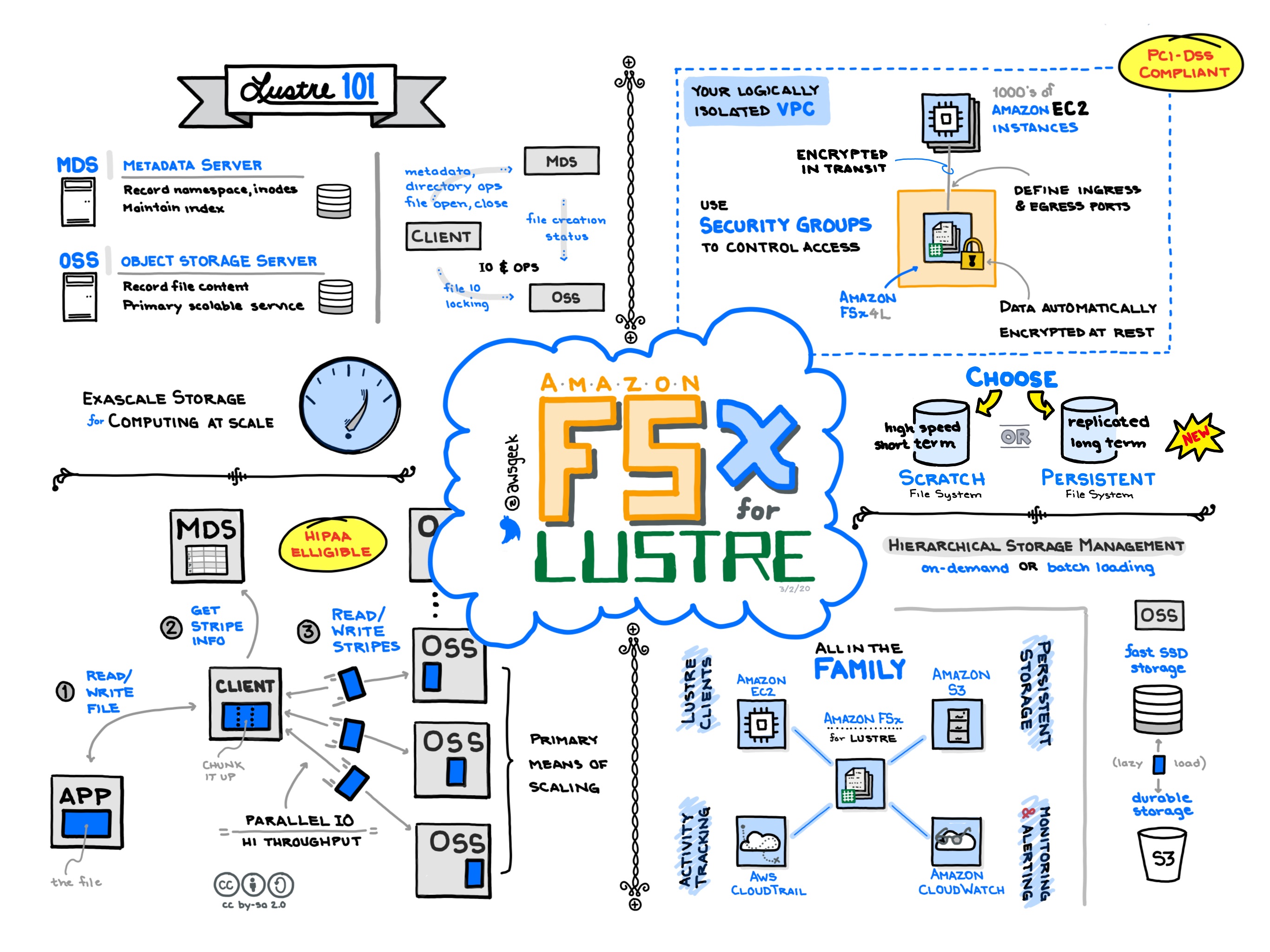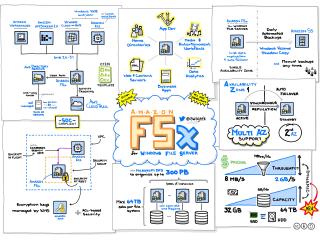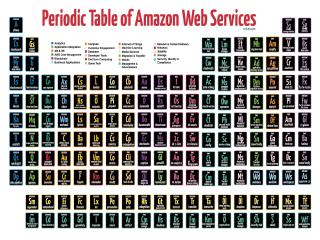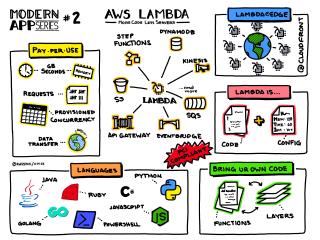
Amazon FSx for Lustre is a fully managed service that offers highly scalable and performant file systems optimized for high-performance computing (HPC) and machine learning workloads. Designed to integrate seamlessly with Amazon S3 and other AWS services, FSx for Lustre provides low latency file access and extreme speed necessary for compute-intensive applications. By supporting Lustre—an open-source parallel file system renowned for its high performance—FSx for Lustre enables developers and IT administrators to focus on their workloads without dealing with the intricacies of file system management.
Use Cases
FSx for Lustre is ideal for a variety of use cases that require high-speed data processing and low-latency data access. Given its design, it best serves HPC applications in fields such as genomics, financial modeling, and seismic imaging. Machine learning workloads that require rapid setup and training models benefit from FSx for Lustre's ability to provide quick access to large datasets. Additionally, media workflows like rendering and transcoding, which require intense compute power and fast data access, can be effectively managed using FSx for Lustre. Its tight integration with Amazon S3 also enables use cases involving long-term data storage or processing that require back-and-forth data movement between file and object storage.
Pricing
FSx for Lustre pricing includes costs related to the amount of storage provisioned, throughput capacity, and data transfer fees. Storage is billed based on the storage type and capacity provisioned, with options including SSD-based or HDD-based storage depending on performance requirements. Throughput capacity is also customizable to align with the workload's specific needs. Moreover, there are data transfer costs for moving data between AWS regions or outside of AWS. For workloads requiring integration with S3, data transfer between FSx and S3 is free, optimizing operational costs for applications that shuttle data frequently between these services. For a detailed breakdown on pricing, refer to the official FSx for Lustre pricing page.
Scalability
Amazon FSx for Lustre offers exceptional scalability, supporting file systems that grow to hundreds of petabytes. The architecture is designed to deliver hundreds of gigabytes per second of throughput and millions of IOPS, scaling seamlessly to meet the needs of increasingly demanding workloads. Developers and IT administrators can scale the file system capacity and performance as required, based on the underlying storage type. Whether the workload spikes suddenly or grows incrementally, FSx for Lustre provides the ability to expand dynamically, ensuring that performance requirements are consistently met.
Availability
AWS ensures high availability of FSx for Lustre through its robust infrastructure. FSx file systems are deployed across multiple AWS Availability Zones, ensuring data durability and high fault tolerance. This architecture allows applications to perform consistently and reliably, even amidst hardware failures. The underlying infrastructure is managed by AWS, alleviating the burden on IT administrators to maintain high availability and reliability.
Security
Security in Amazon FSx for Lustre is comprehensive, encompassing data encryption both in transit and at rest. AWS Identity and Access Management (IAM) provides controls to manage access to FSx resources at fine-grained levels. Integration with Amazon Virtual Private Cloud (VPC) enables secure network access, while AWS Key Management Service (KMS) facilitates encryption key management. These features ensure that data stored and processed using FSx for Lustre is secure from unauthorized access.
Competition
Several cloud providers offer similar file storage services optimized for high-performance computing and data-intensive applications.
Alibaba Cloud offers a similar service called Apsara File Storage NAS which provides scalable and highly available file storage service for enterprise applications.
Google Cloud provides Filestore, a high-performance scalable file storage for applications that require a filesystem interface and shared filesystem for data.
Microsoft Azure delivers Azure NetApp Files that meets the requirements of enterprise applications and provides a scalable, cloud-based environment for running complex workloads.
Each of these services brings its own unique set of features and capabilities, yet offer similar core functionalities, enabling enterprises to choose according to their specific needs and existing cloud environment.
 Amazon FSx for Windows File Server
Amazon FSx for Windows File Server
 Periodic Table of Amazon Web Services
Periodic Table of Amazon Web Services
 AWS Regions
AWS Regions
 AWS Lambda
AWS Lambda